In the world of culinary arts, the choice of cookware can significantly impact the cooking process and the final dish. Two of the most debated materials in the kitchen are cast iron and copper cookware. Understanding their strengths, weaknesses, and unique characteristics can help kitchen professionals make informed decisions.
For chefs, cookware is more than just a tool; it's an extension of their craft. Choosing between cast iron vs copper cookware often boils down to personal preference and cooking style. However, knowing the science behind these materials can elevate a chef's performance in the kitchen.
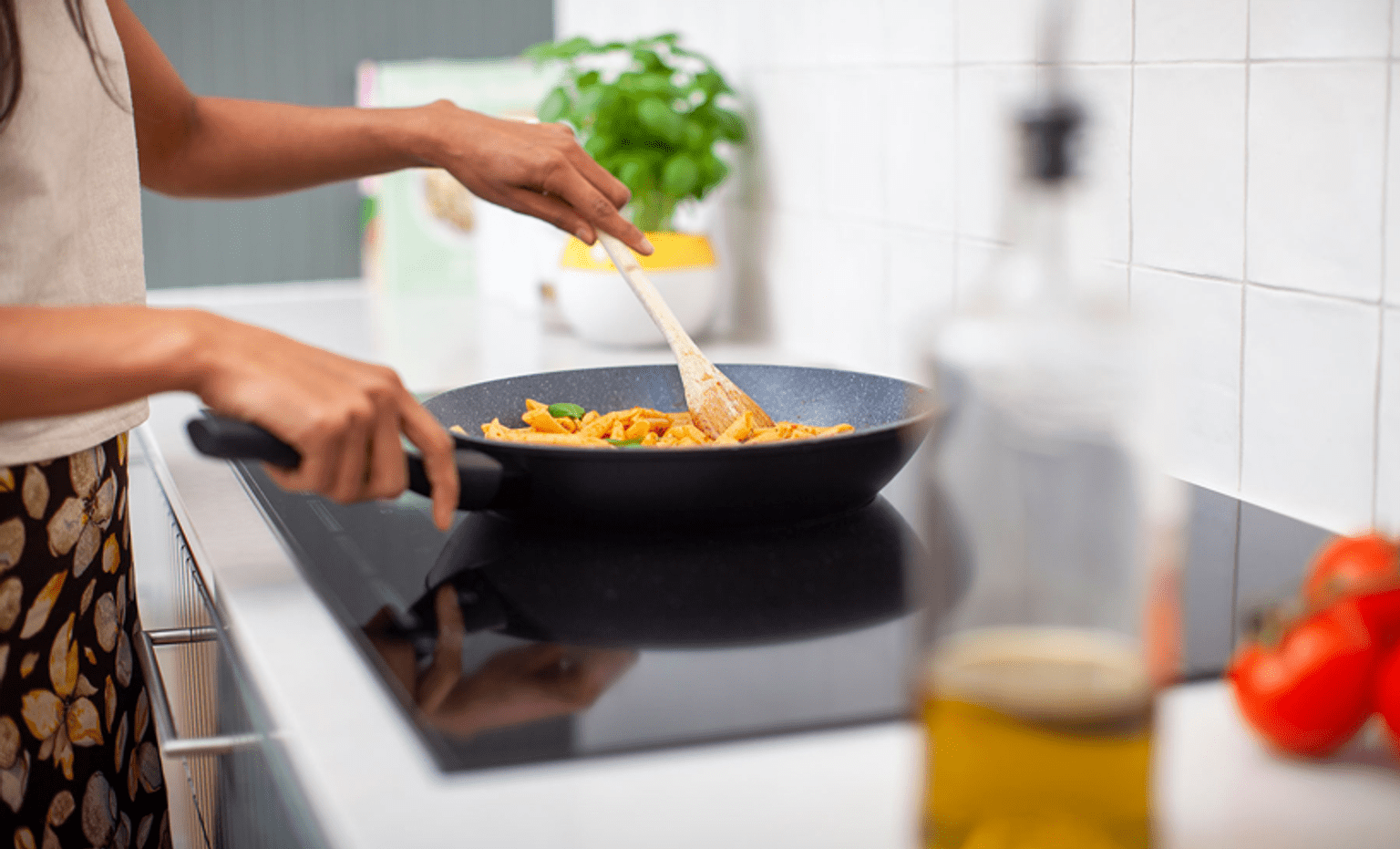
Advantages of Cast Iron Cookware
Cast iron is revered for its exceptional heat retention and distribution. This quality makes it ideal for searing meats and maintaining consistent cooking temperatures. Its natural non-stick surface, which improves with seasoning, is perfect for frying and baking.
Moreover, cast iron is incredibly durable. With proper care, it can last a lifetime, making it a favorite among those who value longevity in their kitchen tools. Chefs looking for versatile cookware that can transition from stovetop to oven will find cast iron to be an invaluable asset.
Benefits of Copper Cookware
On the other hand, copper cookware is celebrated for its superior heat conductivity. It heats quickly and evenly, offering chefs precise control over cooking temperatures. This is particularly advantageous when preparing delicate sauces or dishes that require exact temperature adjustments.
Copper's aesthetic appeal is another reason it graces many professional kitchens. Its striking appearance adds a touch of elegance and sophistication, making it a favorite for open kitchen displays.
Comparing Maintenance Needs
Maintenance is an essential consideration when choosing between cast iron vs copper cookware. Cast iron requires regular seasoning to maintain its non-stick surface and prevent rust. Chefs need to be diligent in cleaning and drying their cast iron pieces after each use.
Copper, however, demands a different approach. It can tarnish over time and may require polishing to maintain its lustrous finish. Additionally, many copper pots and pans are lined with stainless steel or tin, necessitating careful handling to avoid damaging the lining.
Cost Considerations
Cost is another factor that can influence a chef's decision. Generally, cast iron is more budget-friendly compared to copper. However, the initial investment in copper cookware can be justified by its performance and aesthetic value, especially in high-end culinary environments.
Chefs must weigh the long-term benefits against the upfront costs when selecting their cookware. Both materials have the potential to enhance cooking experiences, but budget constraints may steer choices.
Environmental and Health Implications
Environmental and health considerations are becoming increasingly important in todays kitchens. Cast iron, when properly seasoned, offers a chemical-free cooking surface. It also leaches small amounts of iron into food, which can be beneficial for those with iron deficiencies.
Meanwhile, copper cookware, due to its lining, does not pose a health risk from copper exposure. However, chefs need to be cautious of the lining material and its potential to leach harmful substances, which is why many prefer stainless steel-lined copper.
Conclusion
For kitchen professionals, the choice between cast iron vs copper cookware hinges on various factors including cooking style, maintenance preferences, budget, and the aesthetic appeal they wish to achieve. Both materials offer unique advantages that can enhance culinary creations.
Ultimately, understanding the nuances of each material allows chefs to make informed decisions that align with their culinary goals and kitchen dynamics. Whether opting for the rugged durability of cast iron or the refined precision of copper, the right cookware can elevate a chef's craft.
Additional Resources
For more insights on cookware choices, explore our articles on cast iron vs glass cookware and cast iron vs electric skillet. Additionally, for those interested in using cast iron on induction cooktops, check out this guide.
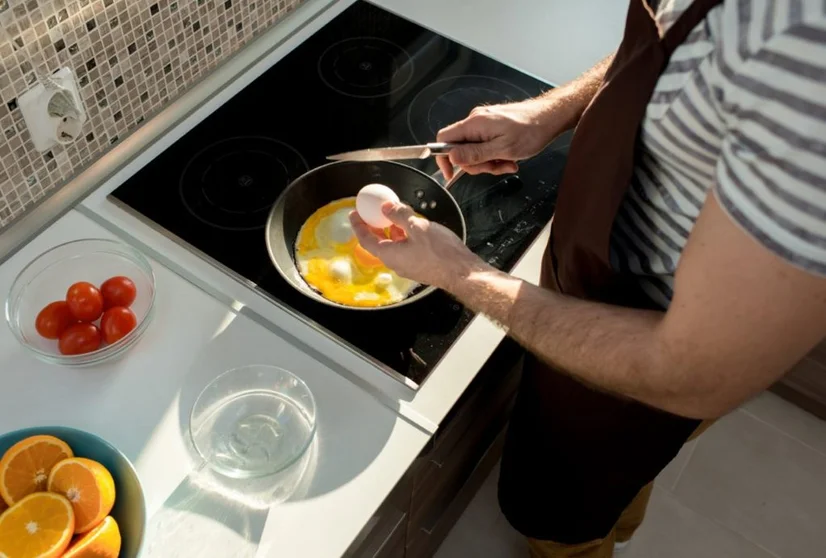
FAQs
Is cast iron better than copper for high-temperature cooking?
Cast iron excels at high-temperature cooking due to its heat retention capabilities, making it ideal for searing and frying.
Does copper cookware require special cleaning?
Yes, copper cookware often requires polishing to maintain its appearance and care when cleaning to protect its lining.
Which is more expensive, cast iron or copper cookware?
Copper cookware is typically more expensive due to its material properties and aesthetic value, whereas cast iron is more budget-friendly.

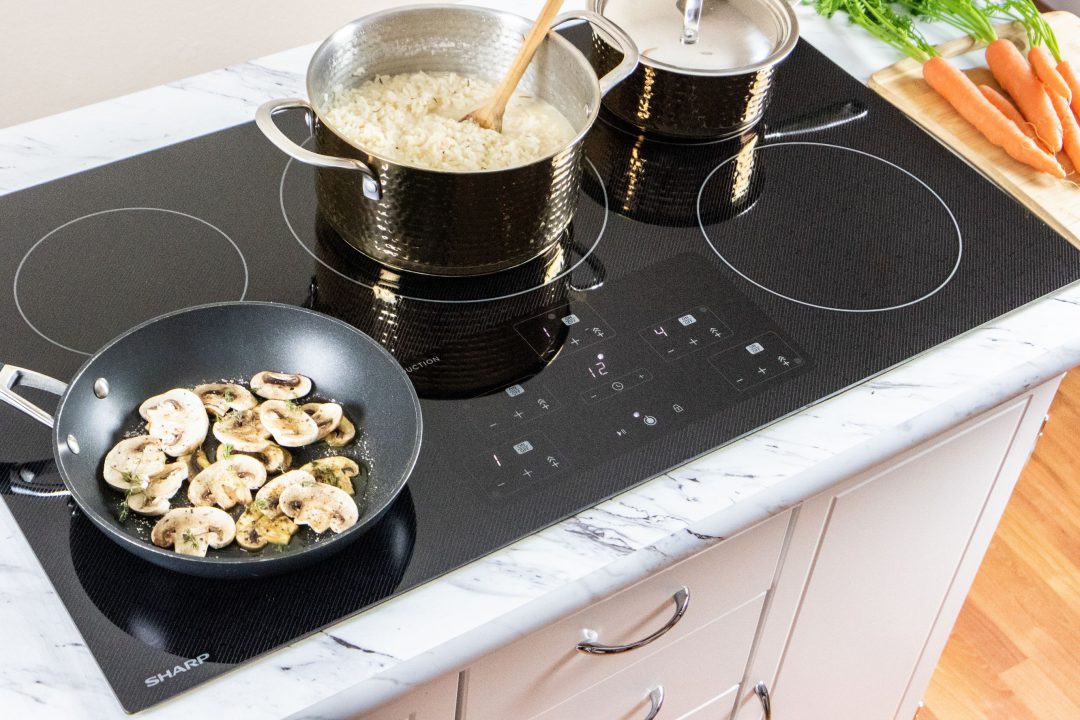


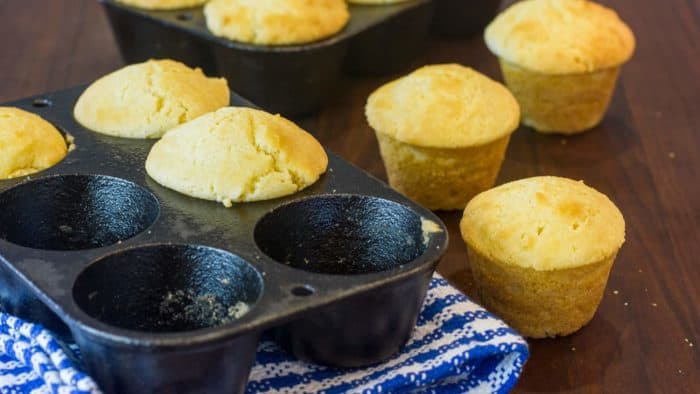
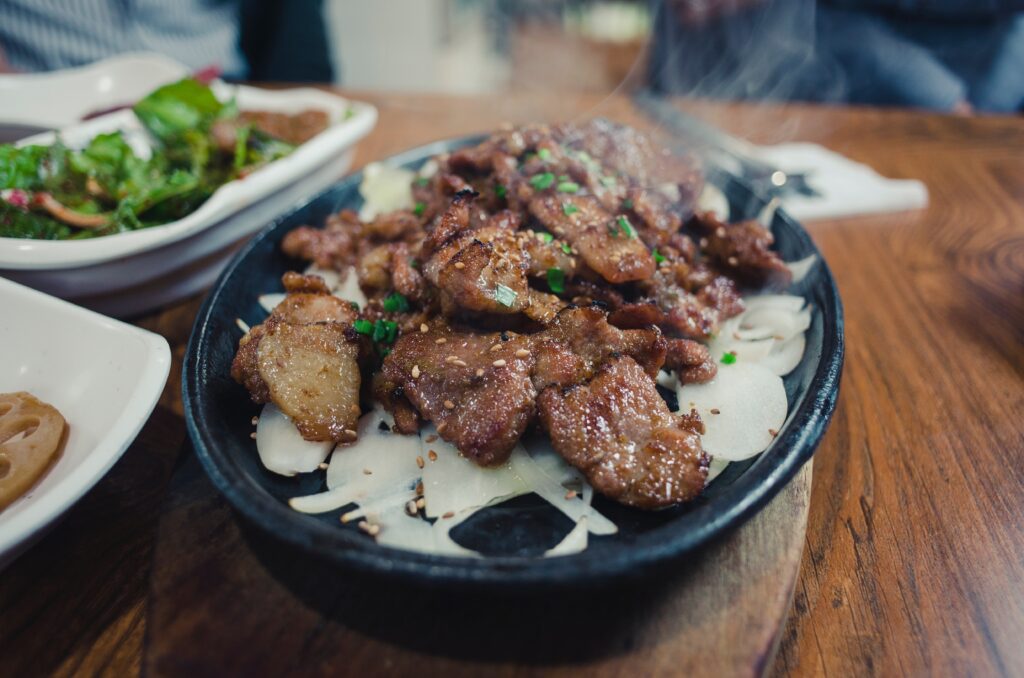
Leave a comment
This site is protected by hCaptcha and the hCaptcha Privacy Policy and Terms of Service apply.